Penfolds: choosing wine that travels well
Peter Gago of Penfolds explains the science of wine that travels well – and how moving it is to travel to great wines
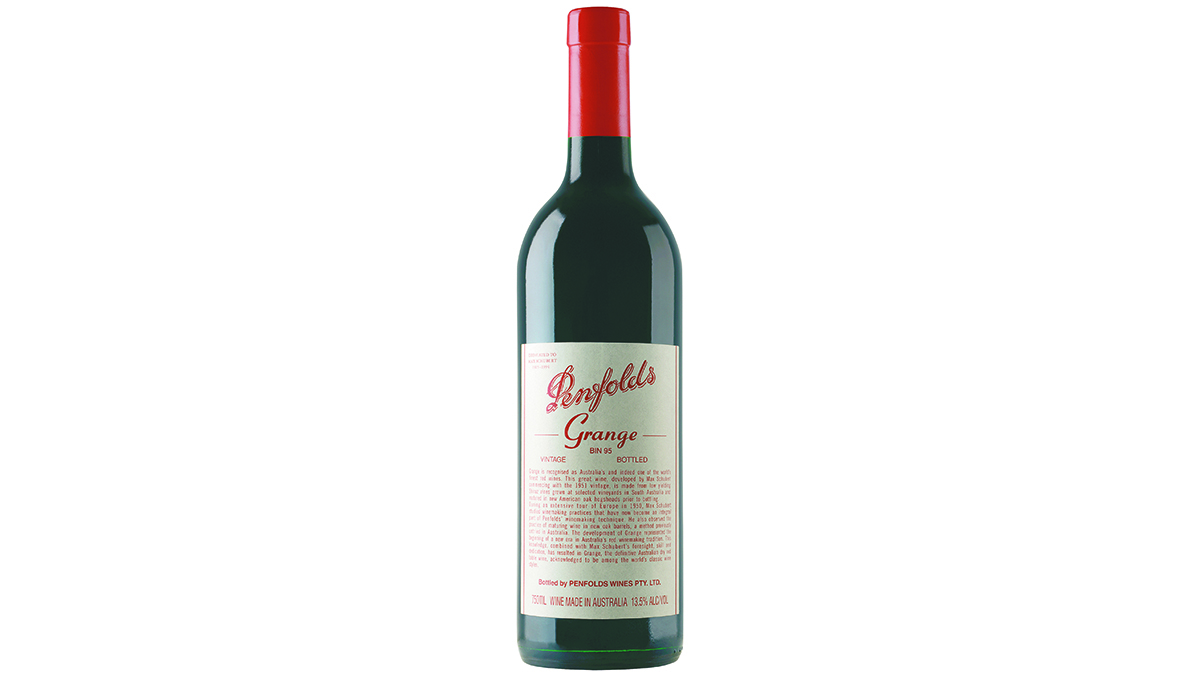
A free daily email with the biggest news stories of the day – and the best features from TheWeek.com
You are now subscribed
Your newsletter sign-up was successful
I love travel; I love wine. When you combine the two, you get moments where someone pours a wine and it feels like the whole place is captured in that glass – the culture, the food, the people…
I’ve stayed with David Guimaraens, the technical director of the Taylor’s port group, at the Quinta de Vargellas, right alongside the Douro River, which is still used to transport the wine to the warehouses in Porto. It’s a wonderful old place that has produced port since the 1820s. They stick with tradition – slaughter their own pigs, make bread and olive oil. Visiting places like this – where people are producing the very best of their product – can be very moving and it adds something to the wine.
I went to Champagne last year and was invited to some crayères – the underground limestone caves where they store the wine. I drank excellent blanc de blancs, touching the same chalk in which the chardonnay vine grows so well. In the Barossa Valley in South Australia, we tend our Penfolds Block 42 Kalimna vineyard, with the oldest continually producing Cabernet Sauvignon vines in the world. You can really taste that age, the soil and an underlying purity.
The Week
Escape your echo chamber. Get the facts behind the news, plus analysis from multiple perspectives.

Sign up for The Week's Free Newsletters
From our morning news briefing to a weekly Good News Newsletter, get the best of The Week delivered directly to your inbox.
From our morning news briefing to a weekly Good News Newsletter, get the best of The Week delivered directly to your inbox.
However, we’ve all bought a wine we’ve loved on holiday at cellar door, taken it home, only to find that, without the experience of the place, it is not as good as we remember. The hedonism of the experience – sensual stimuli such as the aroma of herbs on the breeze, the room, the company, the music – has a huge effect on a wine. This is why, when we’re tasting for work, we go into a white air-conditioned room, taste quietly, clinically, with nothing contextual or emotive that will affect our judgement.
Travel is something to minimise for wines. Ideally you should travel to the wine. The perfect cellar is one at 13-15°C, with minimal fluctuation in temperature, humidity over 80 per cent, no background odour, no vibration and ideally in darkness. As soon as you put wine on a truck, unload it onto a quayside… all of this breaks some of those rules.
Over time, odours will permeate through a cork. Let’s remember the ageing of a wine is a chemical reaction. By increasing temperature, you speed up that reaction. Increase temperature in the fixed volume of a bottle and you increase the pressure. That can lead to leakage and then oxidation.
Some wines do travel better than others because of their internal chemical and physical make-up. More expensive wines tend to travel better than cheaper ones, just as they give you less of a hangover as the winemaker is not overpressing, extracting harsher phenolics. They will generally have better fruit, substrate and character, pH balance and internal buffering. Younger wines, full of primary fruit and extract (sugars, tannin), handle travel better than older, more delicate wines. And, like with humans, when they finish that travel, their recovery time is longer.
A free daily email with the biggest news stories of the day – and the best features from TheWeek.com
Different vintages of a wine travel differently, too. Our 1971 Grange is legendary, beautifully multifaceted, but there is a fragility to it; it doesn’t handle travel well. But the ’76 – if you dropped it off a tall building (and somehow the bottle survived), you wouldn’t know from the wine.
Peter Gago has been the chief winemaker at Penfolds since 2002. Born in South Shields, he emigrated to Australia aged five. 'I thank my parents: I don't think I'd be making wine on the Tyne.'
-
 The environmental cost of GLP-1s
The environmental cost of GLP-1sThe explainer Producing the drugs is a dirty process
-
 Greenland’s capital becomes ground zero for the country’s diplomatic straits
Greenland’s capital becomes ground zero for the country’s diplomatic straitsIN THE SPOTLIGHT A flurry of new consular activity in Nuuk shows how important Greenland has become to Europeans’ anxiety about American imperialism
-
 ‘This is something that happens all too often’
‘This is something that happens all too often’Instant Opinion Opinion, comment and editorials of the day
-
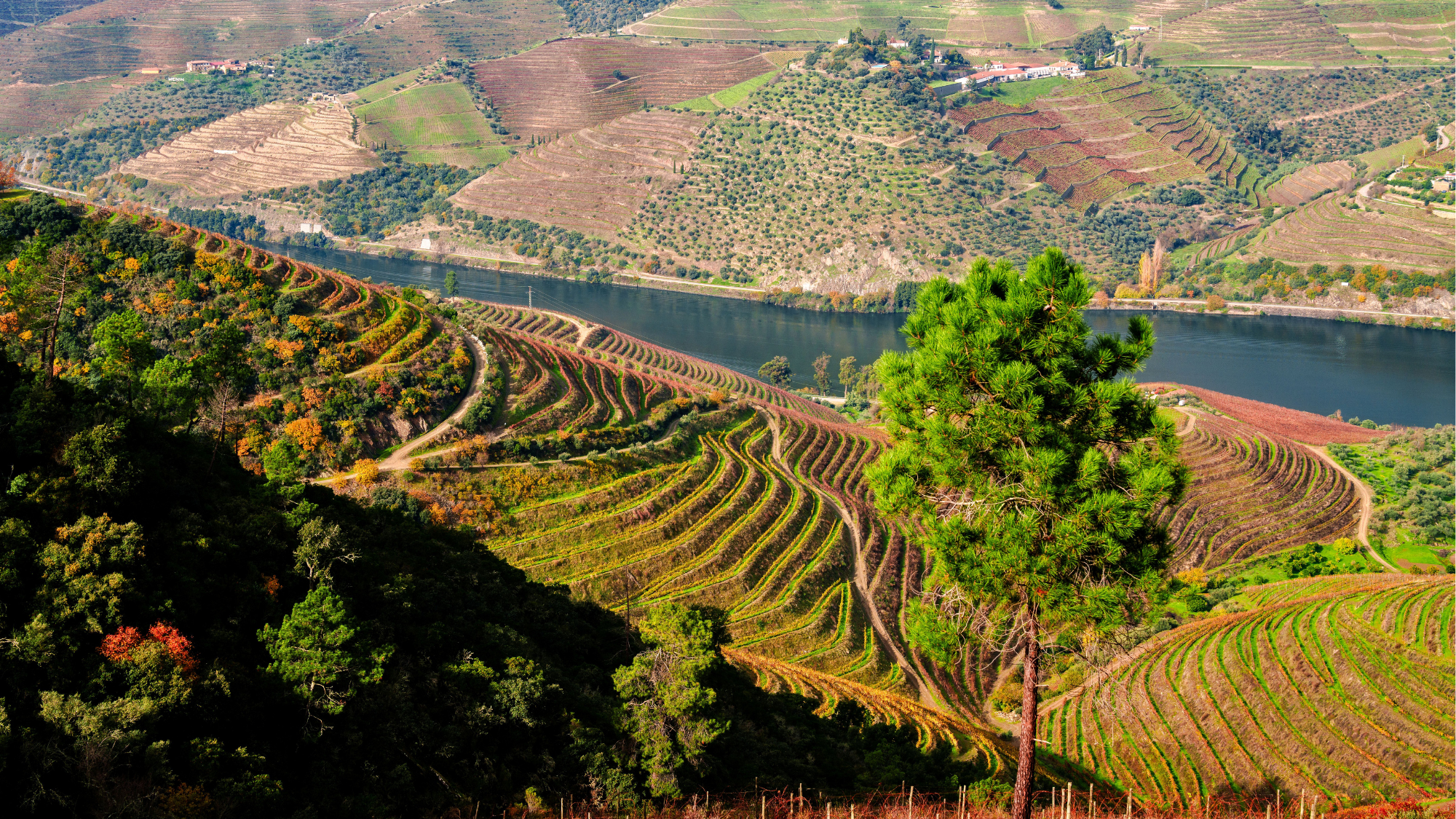 Where to begin with Portuguese wines
Where to begin with Portuguese winesThe Week Recommends Indulge in some delicious blends to celebrate the end of Dry January
-
 Touring the vineyards of southern Bolivia
Touring the vineyards of southern BoliviaThe Week Recommends Strongly reminiscent of Andalusia, these vineyards cut deep into the country’s southwest
-
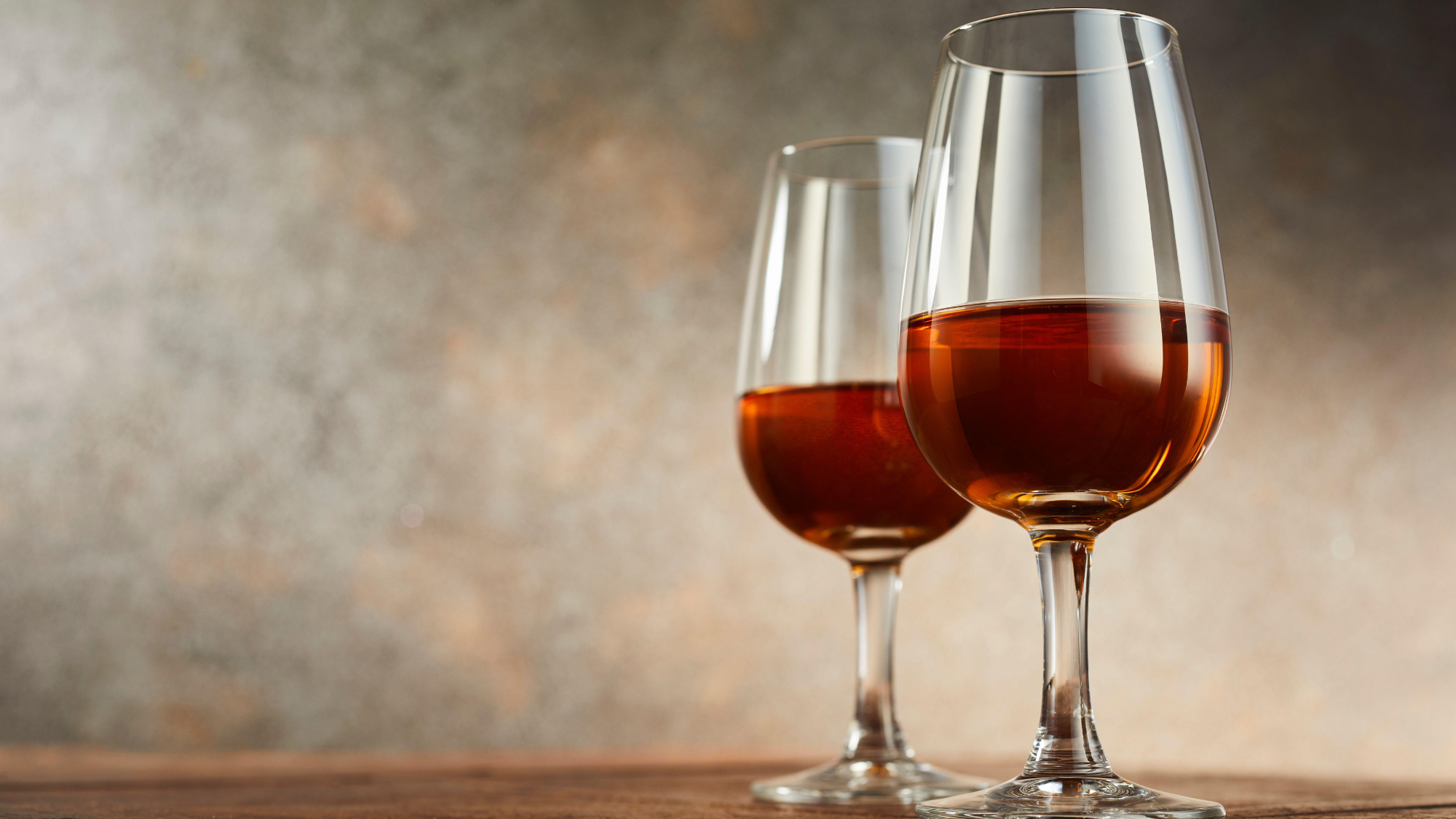 The best sherries to try this autumn
The best sherries to try this autumnThe Week Recommends The warming tipple from sunny Spain is an underrated cold-weather staple
-
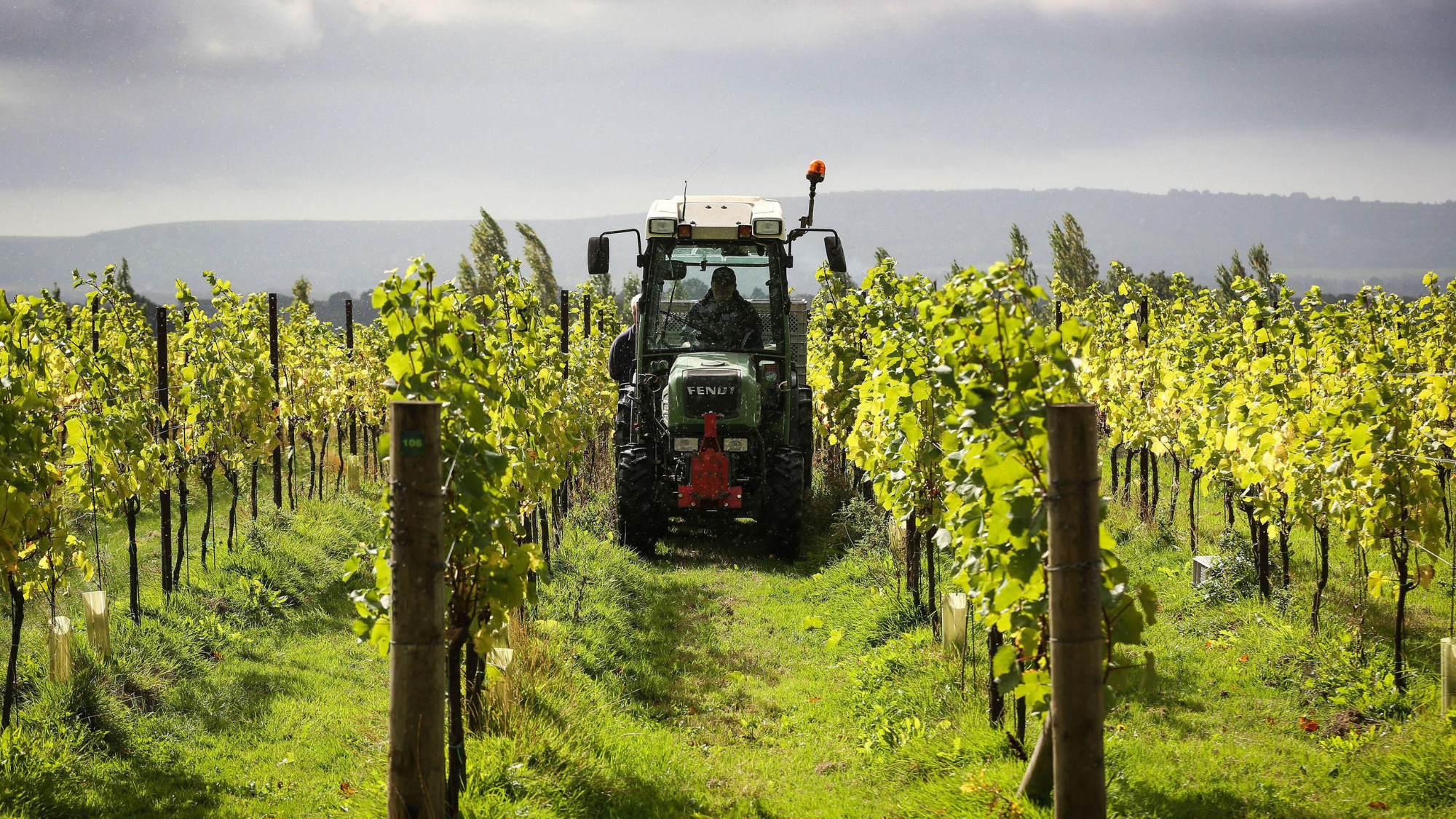 The rise of English sparkling wine
The rise of English sparkling wineThe Week Recommends As UK-based brands give champagne a run for its money, here’s everything you need to know about choosing the right bottle
-
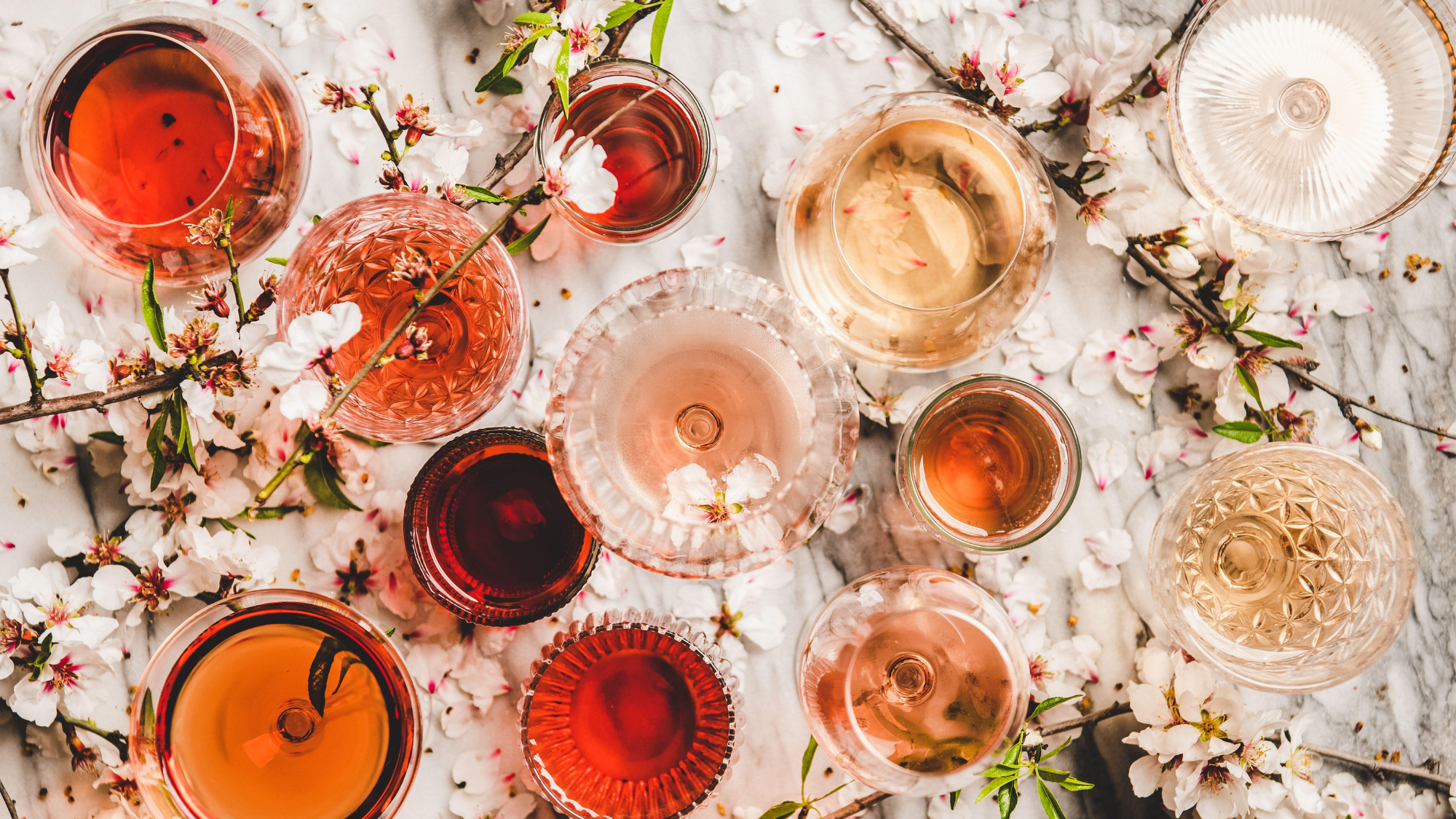 Rosorange: the chic 'love child' of orange wine and rosé
Rosorange: the chic 'love child' of orange wine and roséThe Week Recommends Peachy to look at and crisp to drink, here's to the wine of the summer
-
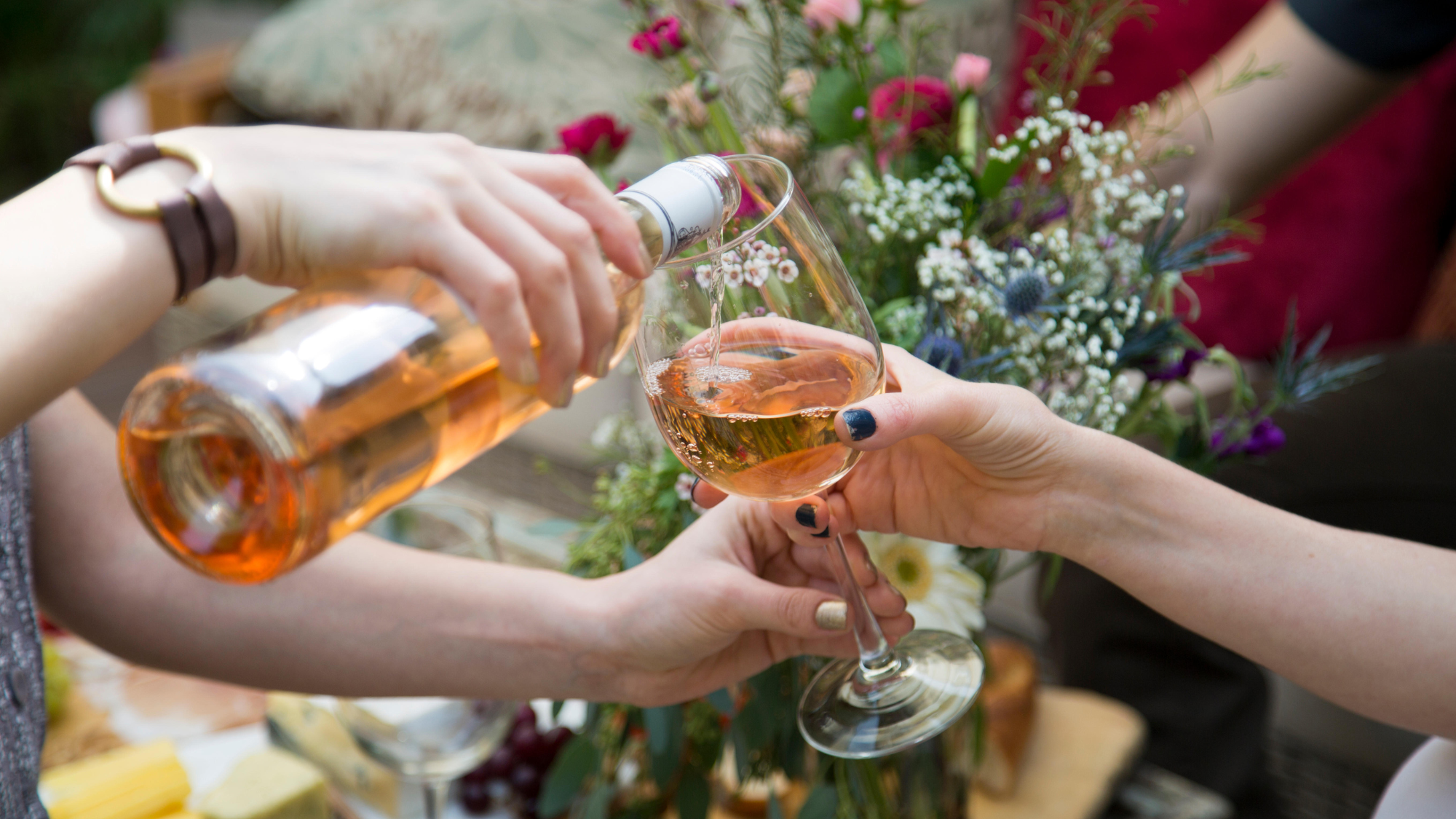 The best rosé wines to try this summer
The best rosé wines to try this summerThe Week Recommends Warm weather means it's pink wine's moment in the sun
-
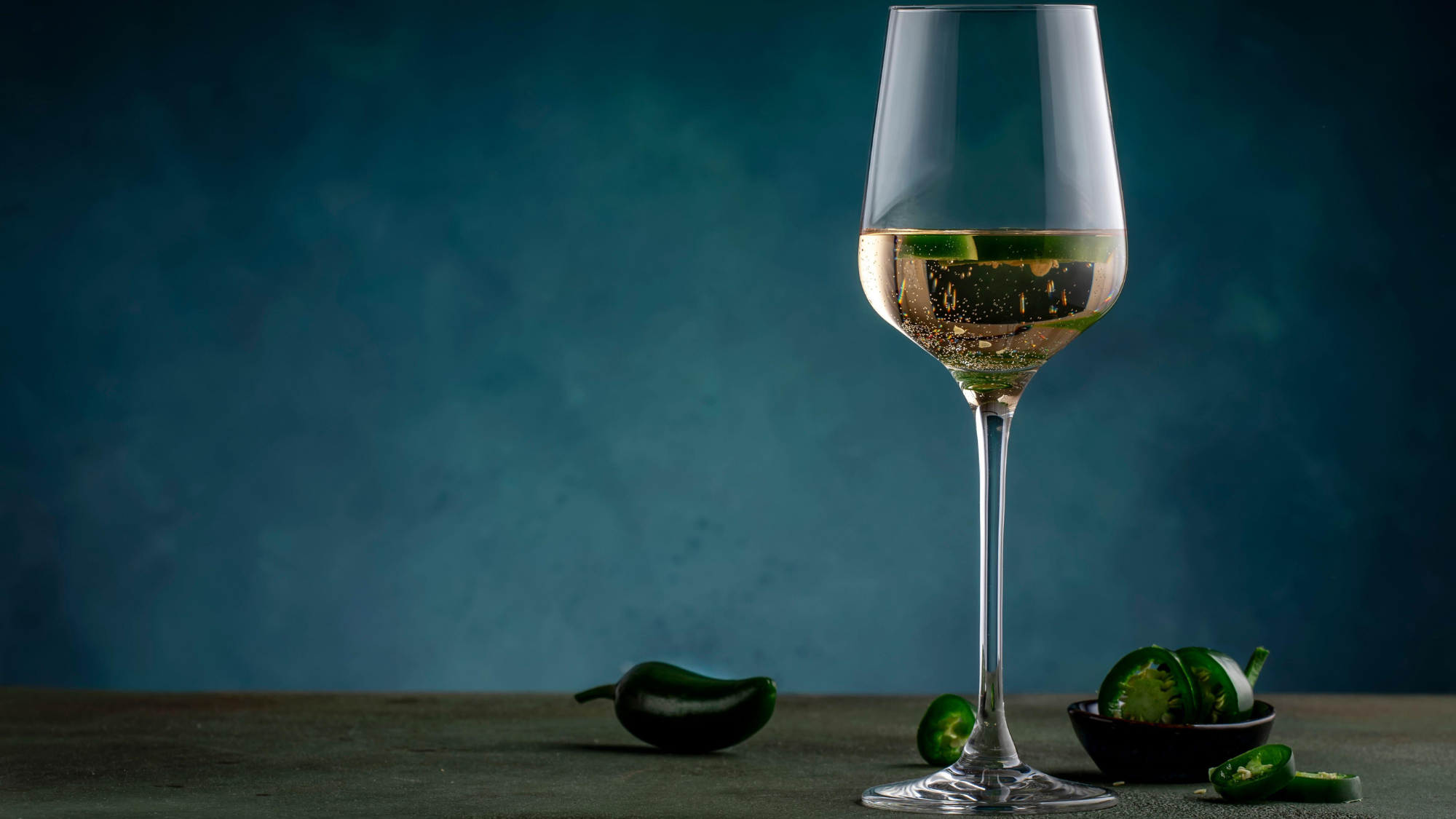 The jalapeño wine trend taking TikTok by storm
The jalapeño wine trend taking TikTok by stormThe Week Recommends Scatter a few chilli slices into your sauvignon blanc for a subtle and refreshing kick
-
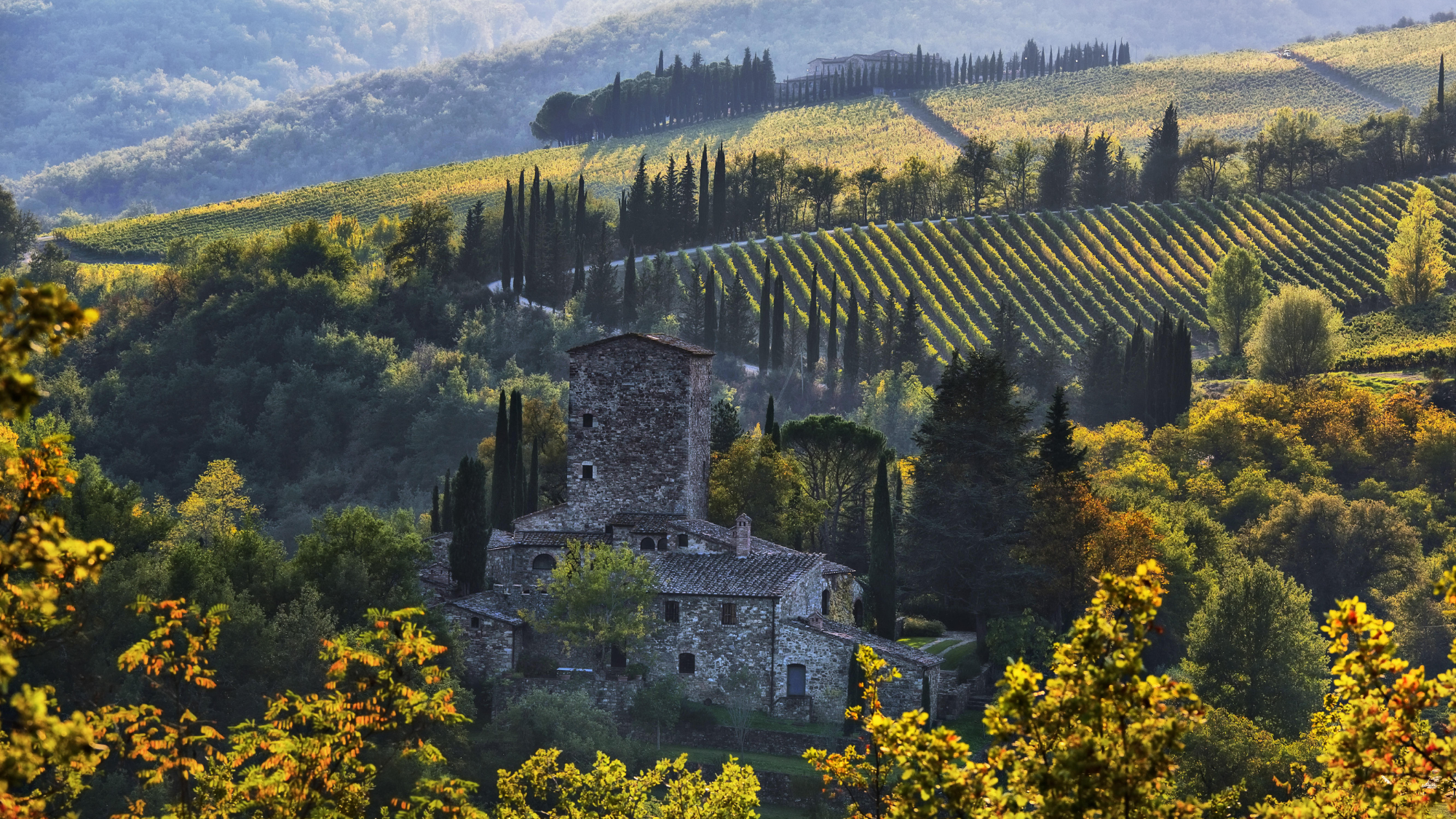 Wine-tasting in Tuscany
Wine-tasting in TuscanyThe Week Recommends From biodynamic vineyards to historic cellars, the picturesque region is a wine lover's dream